When EA published Anthem, the company hoped to turn it into a live service product that would keep audiences coming back for years to come. However, the game failed to live up to expectations by a wide margin, and attempts to further the game’s story are running into the same roadblocks that cropped up during initial development. It’s high time EA cut its losses with Anthem.
Thanks to Jason Schreier at Kotaku, we know Anthem —which was supposed to be called Beyond— originally featured a simple story: the player would control a survivor who crash landed on “the Bermuda Triangle of this universe.” They would have to fight to survive a planet littered with hostile aliens and cosmic hazards, make their way up the extraterrestrial food chain, and eventually escape. Sounds fun, right?
Sadly, Schreier’s article demonstrates that nothing went BioWare’s way. The title “Beyond” couldn’t be trademarked, so the company switched to “Anthem” at the last minute, much to the eternal confusion of the game’s developers.
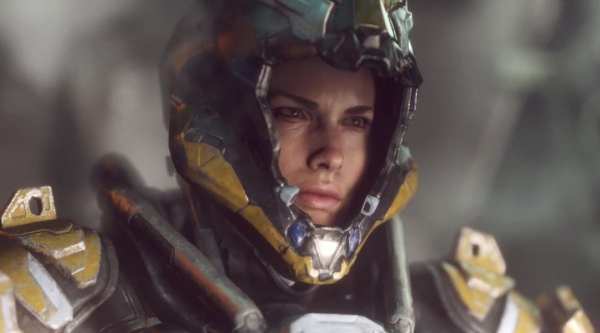
But, even before the name change debacle, Anthem’s development was apparently marred with mismanagement and indecision. None of the developers knew what they wanted to do with the game, just that it would be multiplayer focused. Even when BioWare’s leadership told the development team what to make, Anthem’s core designs and ideas seemed to fluctuate more than the stock market, and writers and developers basically played musical chairs.
Furthermore, BioWare’s eternal nemesis, the Frostbite engine, made development a nightmare. The engine has a history of being more than unfriendly to any game that isn’t an FPS, and Anthem is the latest in a long line of games that suffered from Frostbite.
Anthem didn’t fare better post-launch. The game was fun for a time after Patch 1.0.3, when loot started to drop like, well, loot in a looter shooter. But, much to many players’ horror, BioWare revealed that the increase in loot drops was an accident, and they quickly patched the bug.
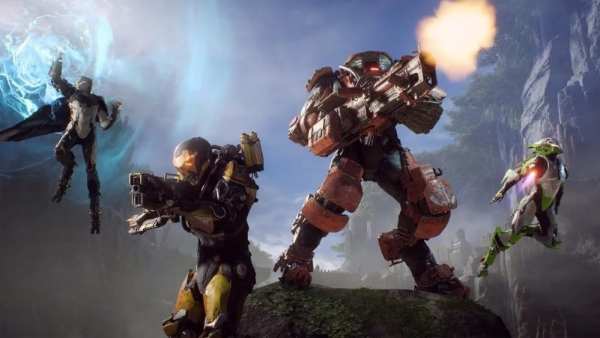
Anthem’s next patch, 1.0.4, wasn’t much better. This update introduced numerous issues, from loot drop bugs (the bad kind) to rocket boosters that overheated way too quickly due to, you guessed it, bugs.
To make matters worse, history is repeating itself with the development of post-launch story content.
Several months ago, BioWare released the Cataclysm update to breathe new life into Anthem. The update introduced new story missions and events, and BioWare had high hopes it would be the first of several content patches. However, the company quickly scrapped their initial plans for seasonal updates.
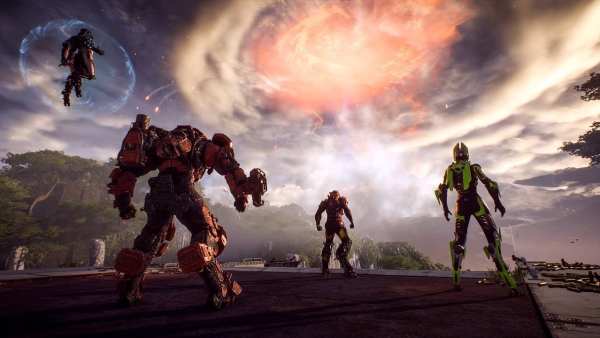
While very little time has passed since the seasonal updates announcements, you can see echoes of the past seeping through. Instead of picking a solid idea, refining it, and sticking to it, BioWare is coming up with ideas and just as quickly abandoning them. And again, the Anthem team is ever-shifting since people like Chad Robertson, once head of live service, are leaving BioWare.
BioWare clearly doesn’t know what to do with Anthem, which by itself should qualify the game for closure. A lack of passion tends to result in a lack of quality, so better to end it now than to see Anthem slowly march into its own grave, possibly with BioWare along for the ride.
However, Anthem is still around. I would like to say that the game is lingering because EA wants to keep it as a live service, but the game isn’t doing so hot on that front.
Right now, Anthem is a sunk cost fallacy come to life. EA (presumably) poured a lot of money into BioWare to develop the game, and according to PCGamesN, it made $100 million at launch. However, Anthem only raised $3.5 million from microtransactions as of May, which is chump change in the field of AAA games. Comparatively, Fortnite made $2.4 billion in 2018, all from microtransactions.
When you examine the evidence, the poor game design that resulted from troubled development and randomly changing plans, the bugs, the patches that cause more problems than they fix, and too little revenue to support continued development, you reach an inescapable conclusion: Anthem is a drain on resources.
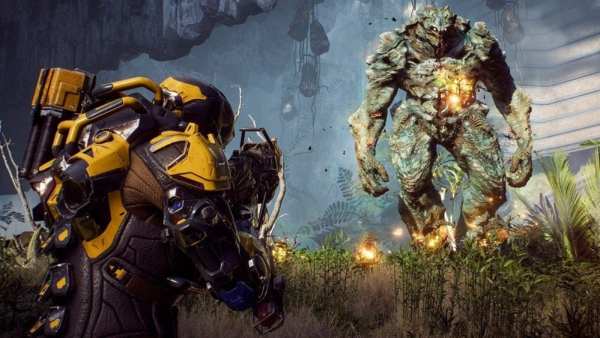
Anthem is a failure of a live service game. It lacks the vision to produce content that keeps audiences hooked. Without that content, gamers won’t stick with Anthem (and they haven’t), and since they aren’t staying with the game, it isn’t making the money needed to stay in production.
Most importantly, Anthem just isn’t a good game.
Now, I would love if Anthem could eventually rise like a phoenix from the ashes. Perhaps BioWare could take a page out from Final Fantasy XIV’s playbook and turn Anthem around. However, so much talent has left the company that such a possibility is a pipe dream. I would love to be proven wrong, though.
In its current condition, Anthem can’t validate its own existence. Instead of trying to turn the game into the lauded live service it will never be, BioWare should conclude work on Anthem. No roadmap or seasonal updates, just a final content patch that ends Anthem’s story and lets the developers focus their efforts on Dragon Age 4.
Please, EA, let Anthem die.

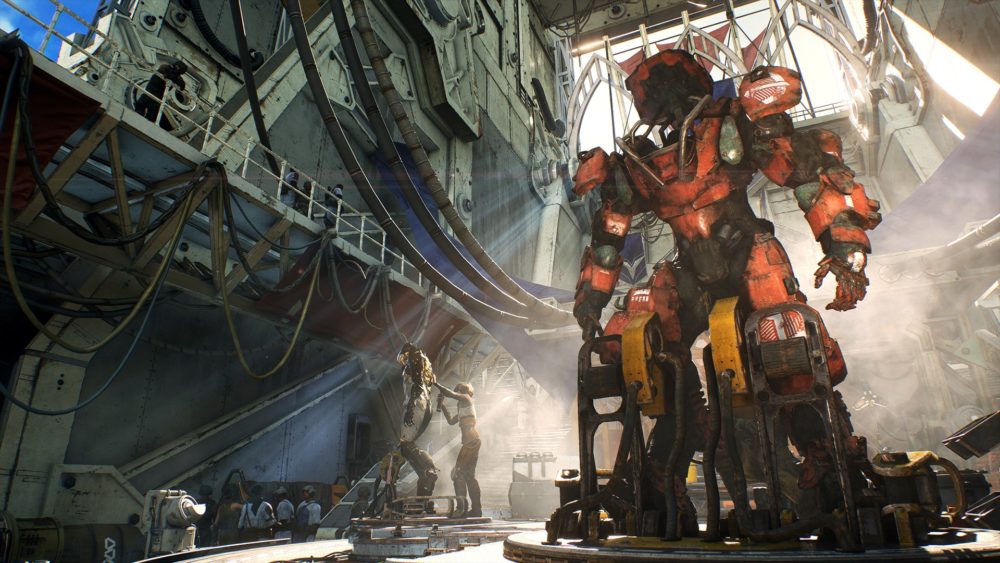











Updated: Nov 7, 2019 10:46 am